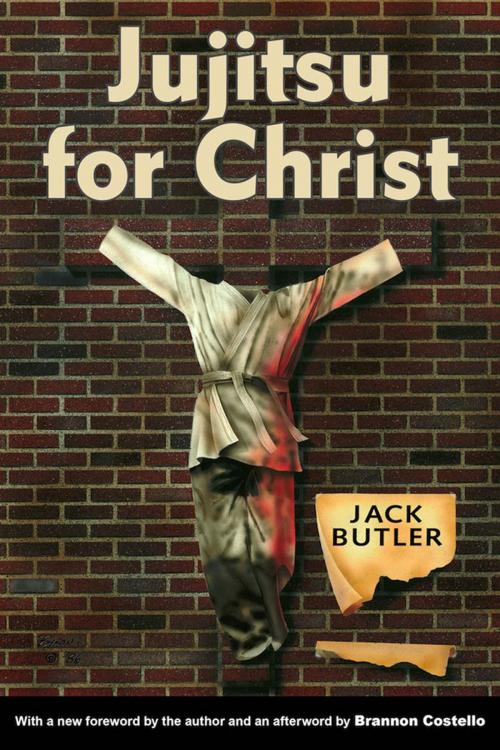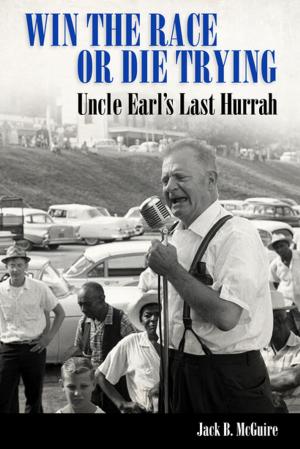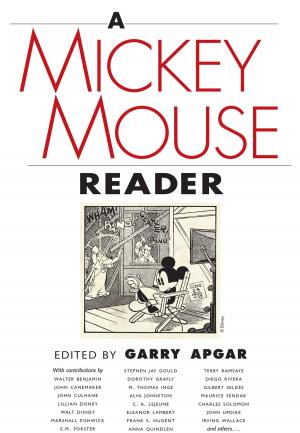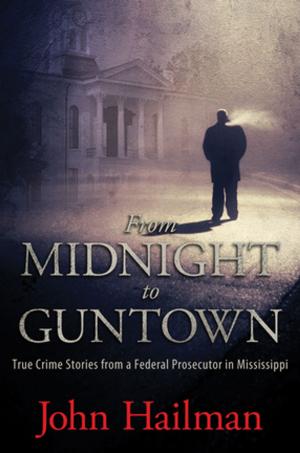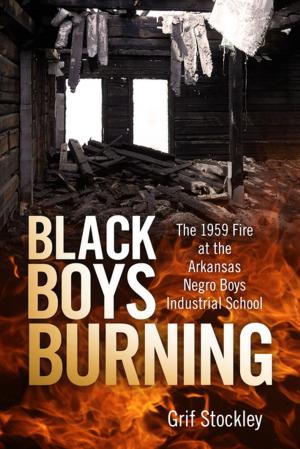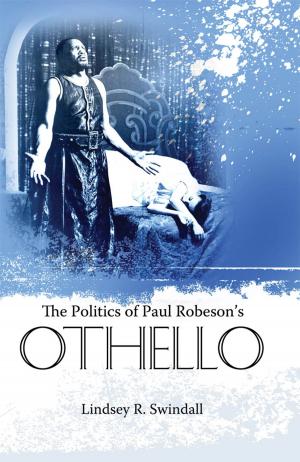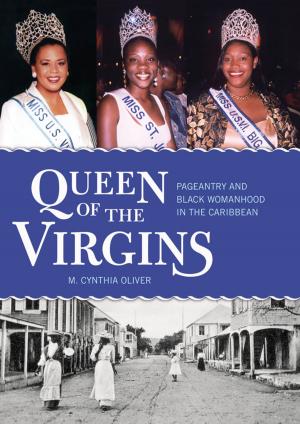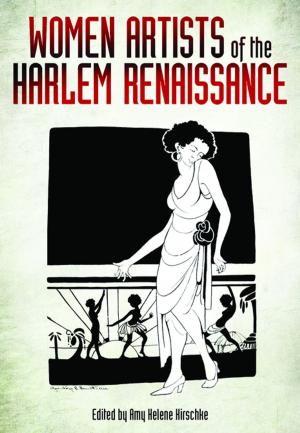| Author: | Jack Butler, Brannon Costello | ISBN: | 9781617037399 |
| Publisher: | University Press of Mississippi | Publication: | January 16, 2013 |
| Imprint: | University Press of Mississippi | Language: | English |
| Author: | Jack Butler, Brannon Costello |
| ISBN: | 9781617037399 |
| Publisher: | University Press of Mississippi |
| Publication: | January 16, 2013 |
| Imprint: | University Press of Mississippi |
| Language: | English |
Jack Butler's Jujitsu for Christ--originally published in 1986--follows the adventures of Roger Wing, a white born-again Christian and karate instructor who opens a martial arts studio in downtown Jackson, Mississippi, during the tensest years of the Civil Rights era. Ambivalent about his religion and his region, he befriends the Gandys, an African-American family--parents A.L. and Snower Mae, teenaged son T.J., daughter Eleanor Roosevelt, and youngest son Marcus--who has moved to Jackson from the Delta in hopes of greater opportunity for their children.
As the political heat rises, Roger and the Gandys find their lives intersecting in unexpected ways. Their often-hilarious interactions are told against the backdrop of Mississippi's racial trauma--Governor Ross Barnett's "I Love Mississippi" speech at the 1962 Ole Miss-Kentucky football game in Jackson; the riots at the University of Mississippi over James Meredith's admission; the fieldwork of Medgar Evers, the NAACP, and various activist organizations; and the lingering aura of Emmett Till's lynching. Drawing not only on William Faulkner's gothic-modernist Yoknapatawpha County but also on Edgar Rice Burroughs's high-adventure Martian pulps, Jujitsu for Christ powerfully illuminates vexed questions of racial identity and American history, revealing complexities and subtleties too often overlooked. It is a remarkable novel about the civil rights era, and how our memories of that era continue to shape our political landscape and to resonate in contemporary conversations about southern identity. But, mostly, it's very funny, in a mode that's experimental, playful, sexy, and disturbing all at once. Butler offers a new foreword to the novel. Brannon Costello, a scholar of contemporary southern literature and fan of Butler's work, writes an afterword that situates the novel in its historical context and in the southern literary canon.Jack Butler's Jujitsu for Christ--originally published in 1986--follows the adventures of Roger Wing, a white born-again Christian and karate instructor who opens a martial arts studio in downtown Jackson, Mississippi, during the tensest years of the Civil Rights era. Ambivalent about his religion and his region, he befriends the Gandys, an African-American family--parents A.L. and Snower Mae, teenaged son T.J., daughter Eleanor Roosevelt, and youngest son Marcus--who has moved to Jackson from the Delta in hopes of greater opportunity for their children.
As the political heat rises, Roger and the Gandys find their lives intersecting in unexpected ways. Their often-hilarious interactions are told against the backdrop of Mississippi's racial trauma--Governor Ross Barnett's "I Love Mississippi" speech at the 1962 Ole Miss-Kentucky football game in Jackson; the riots at the University of Mississippi over James Meredith's admission; the fieldwork of Medgar Evers, the NAACP, and various activist organizations; and the lingering aura of Emmett Till's lynching. Drawing not only on William Faulkner's gothic-modernist Yoknapatawpha County but also on Edgar Rice Burroughs's high-adventure Martian pulps, Jujitsu for Christ powerfully illuminates vexed questions of racial identity and American history, revealing complexities and subtleties too often overlooked. It is a remarkable novel about the civil rights era, and how our memories of that era continue to shape our political landscape and to resonate in contemporary conversations about southern identity. But, mostly, it's very funny, in a mode that's experimental, playful, sexy, and disturbing all at once. Butler offers a new foreword to the novel. Brannon Costello, a scholar of contemporary southern literature and fan of Butler's work, writes an afterword that situates the novel in its historical context and in the southern literary canon.